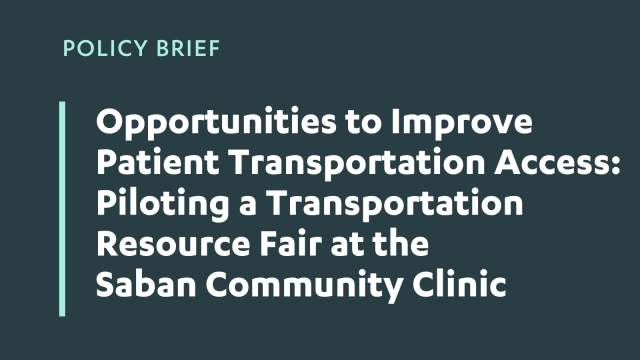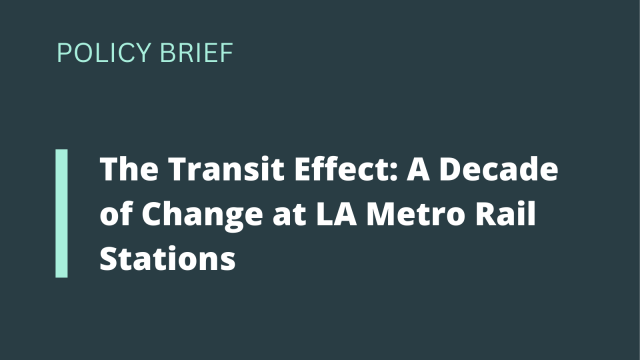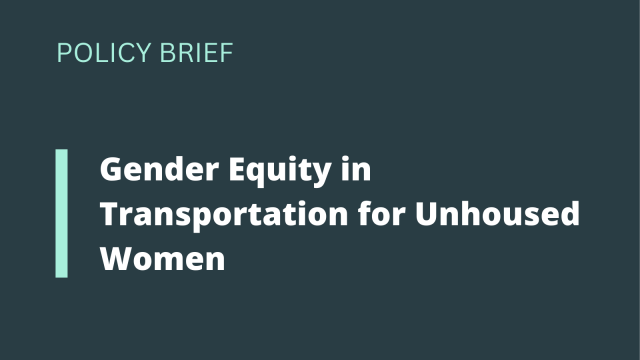The California Gas Tax Swap: A Study of Revenue Volatility in Transportation Planning
Anne Brown | Martin Wachs | Mark Garrett
In the mid-2000s, soaring gas prices created a perception of excess revenue from the fuel sales tax, with many arguing that using all of this money on mass transit would be unwise in a recession, when so many other needs beckoned. The state began diverting fuel sales tax money previously earmarked for mass transit to pay debt from highway and rail bonds, as well as general services supported by the state. A state court, however, soon ruled that diverting transportation sales taxes to the General Fund was invalid. Therefore, the Governor proposed a “Fuel Tax Swap”; the state would reduce fuel sales tax by 6% and increase the fuel excise tax. Specifically, a portion of the excise tax would be adjusted annually to approximate the amount of money that the previous sales tax would have generated. Researchers studied the history of California transportation finance, utilizing primary and secondary sources to present a comprehensive image of the state’s transportation funding history, present, and future.



